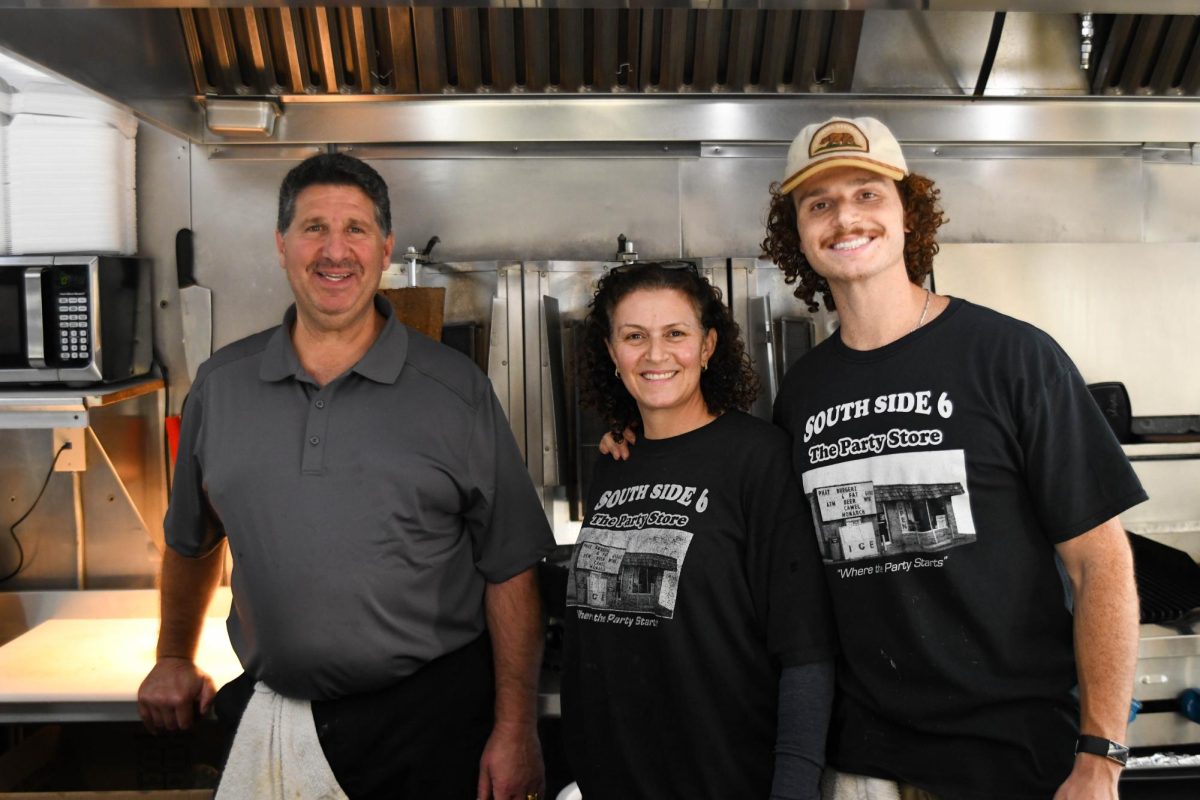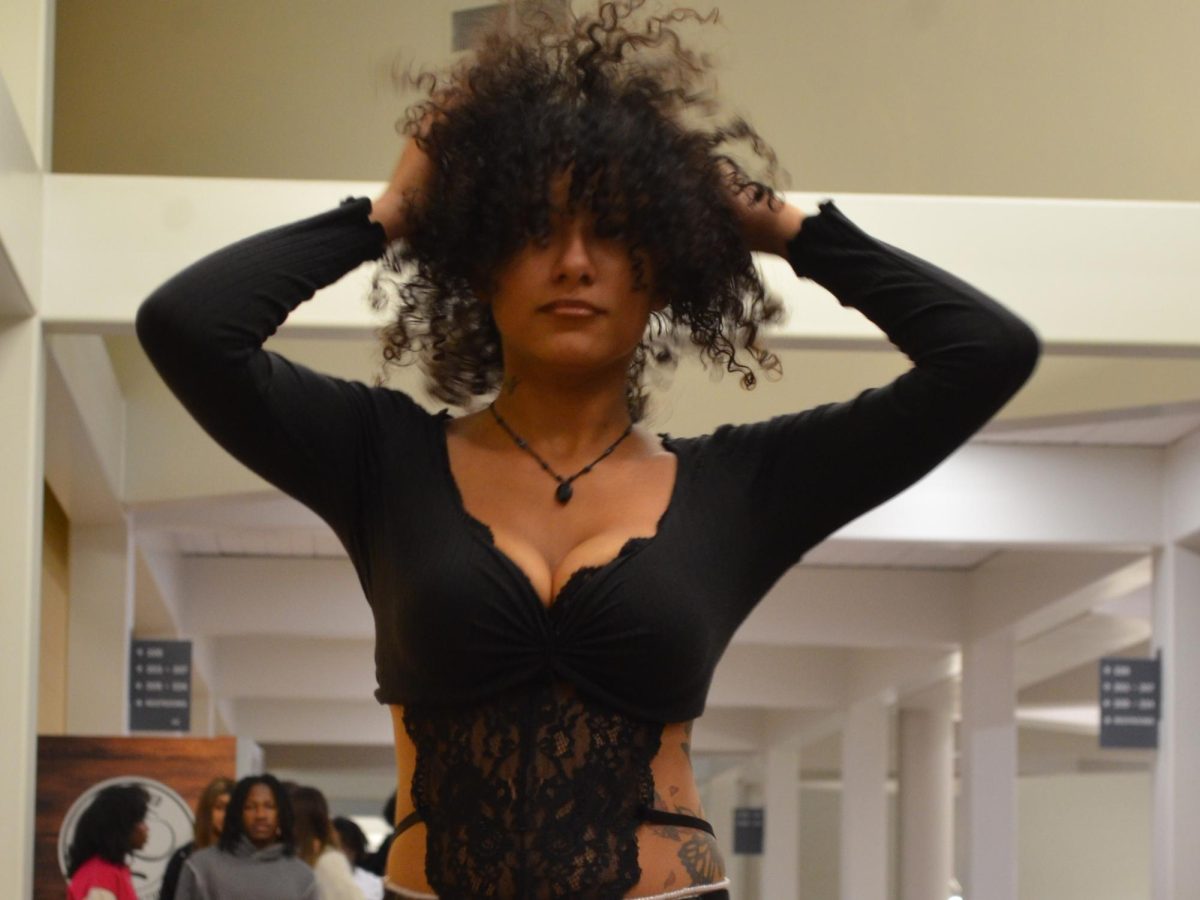DETROIT – Ever since they were children, Connie Orr has adored her older sister.
When the two were young, Sherrill Jackson would walk little Connie to class, bring her along on dates to the drive-in and let her tag along to sleepovers at friends’ houses.
They’ve supported each other through marriage, children, divorce, re-marriage and the deaths of both parents.
Now, they’re taking on breast cancer together.
Jackson, 60, a 15-year breast cancer survivor and pediatric nurse practitioner in St. Louis, fought it head-on and now leads a 75-member breast cancer support group. Orr, 56, of Novi, Mich., is fighting the disease in a different way: She signed up to take part in the Sister Study, a national look at the sisters of women who have or have had breast cancer.
She’s among 39,000 women who have signed up so far and one of 2,324 black women enrolled in the study. As the study enters its final months of recruitment, getting more women of color like Orr to participate is key.
The study’s aim? Find out what causes breast cancer and how it varies among women of different ethnic backgrounds.
Nearly 180,000 women annually in the United States are diagnosed with breast cancer and 41,000 die from it.
As part of the 10-year-long study, Orr will answer questions every other year about her health and habits. She already filled out questionnaires when she signed up last year and has had a health professional visit her home to give her a physical.
Signing up for the study was a simple yet significant way Orr felt she could help.
“You may think you understand … but you can’t reach out to them like another survivor can,” Orr said. “The Sister Study is the only meaningful thing I can do to help. I feel, in some ways, I’ve helped all women.”
But in order to better understand how a woman’s habits, environment and genetics contribute to her risk for breast cancer, researchers need more women like Orr to step forward.
With five months left for recruiting, the study is 11,000 women short of its goal of 50,000 participants.
More troubling to researchers is that only 12 percent of the 39,000 women recruited so far are minorities.
“We really want the study to be representative of the women in the United States,” said Lisa DeRoo, an epidemiologist for the Sister Study.







